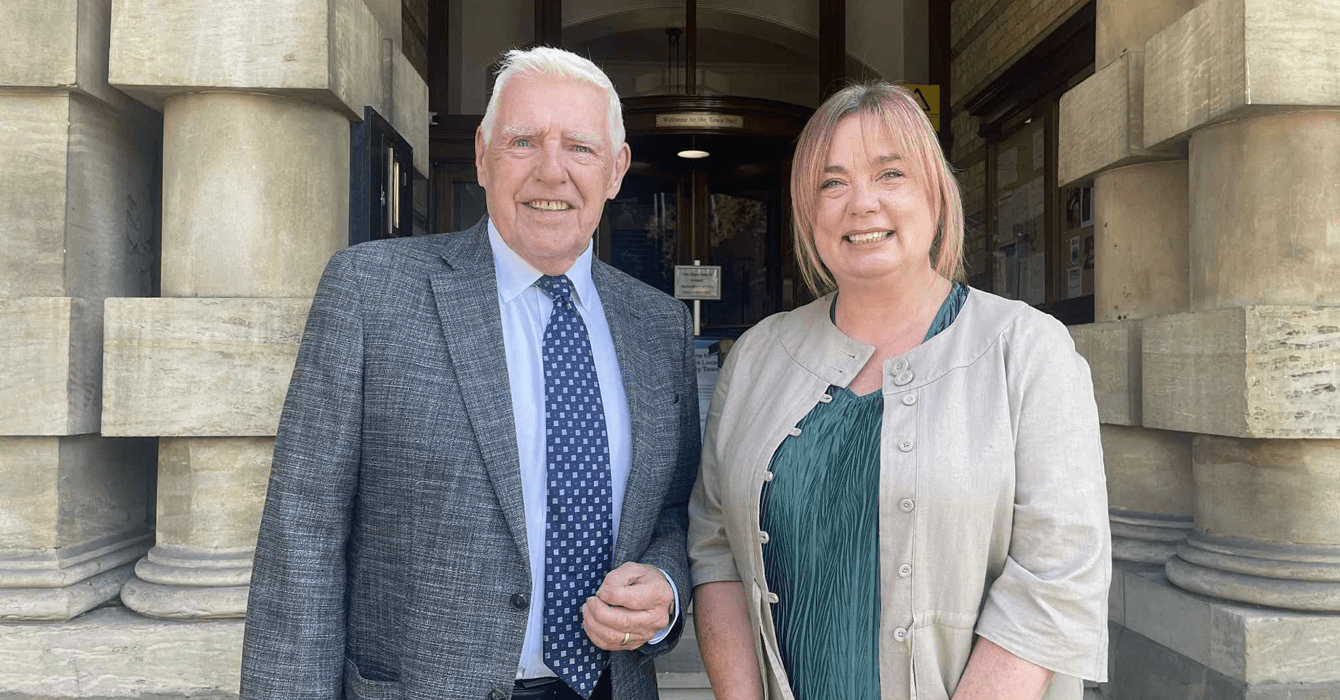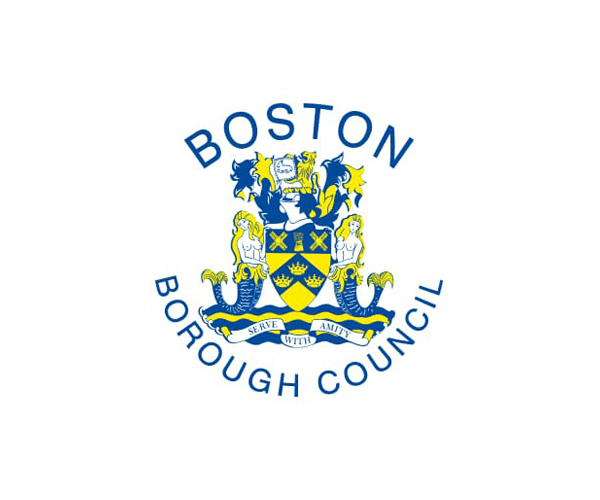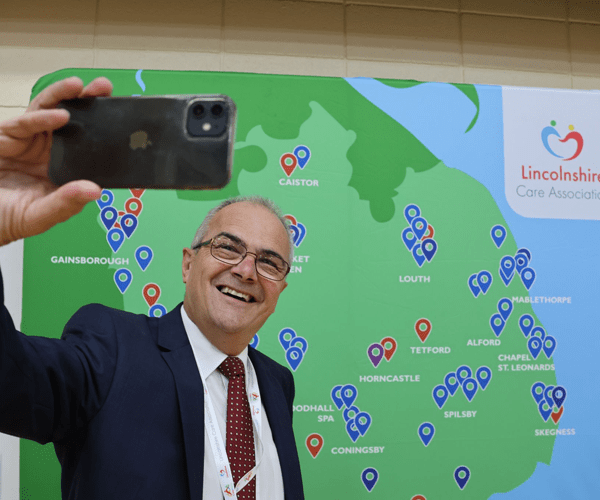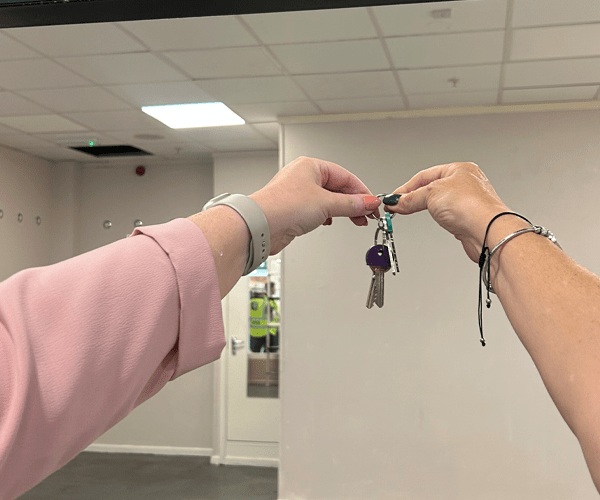Chris
7/17/2025 8:28:17 AM
4 mins read

PLANS have been approved to transform the health of the borough following a recommendation from leading Councillors in the borough.
North East Lincolnshire Council has today confirmed its commitment to becoming a Marmot Place, following Cabinet’s endorsement of the full implementation of the Marmot framework.
The decision marks a milestone in the borough’s ambition to reduce health inequalities and improve the wellbeing of all residents.
The proposals take their name from Professor Sir Michael Marmot, who is widely recognised as a World-leading expert in Public Health, and has championed health-led initiatives to significantly improve the lives of people living in towns and cities across the UK.
The approach, which was developed by Prof Marmot and the UCL Institute of Health Equity, set out a number of principles aimed at tackling the root causes of health inequality and building fairer, healthier places.
In areas that commit to becoming Marmot Places, each and every decision taken by authorities should consider the eight Marmot principles. Examples of places that have adopted the Marmot principles include Greater Manchester, the UK’s first Marmot City Region, and Kent, the first coastal Marmot Place.
Speaking after the vote, Deputy Leader of North East Lincolnshire Council and portfolio holder for health, wellbeing and adult social care, said:
“I’m proud that my colleagues have committed today to making our area a Marmot Place.
“This is a significant step towards improving the lives of everyone in North East Lincolnshire.
“The authority will put health at the forefront of decision-making, ensuring that our residents are able to lead long, healthy lives.
“This is about embedding fairness, prevention, and equity into all aspects of local governance and service delivery.
“There are unacceptable health inequalities in our area, and tonight, following the recommendations of a cross party working group, Cabinet has committed to doing all that we can to tackle them.”
Director of Public Health in North East Lincolnshire, Diane Lee, added:
“Right now, the difference in life expectancy between someone living in one part of the borough to the other is up to 18-years. The average healthy life expectancy is 55 years. People living over 55 are likely to have health conditions that might limit their lifestyles.
“The reasons for this are varied. From diet to smoking and lack of exercise, through to environmental factors like pollution, deprivation, access to clean energy and transport infrastructure.
“Areas like ours, that face significant health challenges, can reverse these trends over time by taking very careful, deliberated and directed action in specific areas.
“Things like improved transport infrastructure, help for people to quit smoking, improve their diets and exercise more, and greater support to upgrade poor quality housing.”
Professor Sir Michael Marmot added:
“We are delighted to be working with North East Lincolnshire to tackle the root causes of ill health and to reduce the unfair and unnecessary inequalities in health which blight the lives of too many.
“Our work with other places across the UK has demonstrated what can be done despite significant funding constraints and limited powers. North East Lincs now joins nearly 60 other places across the UK who are prioritising health equity.”
There is already work going on to tackle some of these challenges. North East Lincolnshire Council have taken steps to improve the outcomes of infants in their early years through improving school readiness, supporting the development of their speech and language, and promoting healthy child development and parent-infant relationships.
There is also a significant local effort to improve the educational achievements of young people locally, and particularly those who are not in education, employment or training (NEET).
Now approved, Public Health officials will work closely with partner agencies to lead on community interventions, from making sure that Council policies reflect public health outcomes, to ensuring that front-line services are well equipped and informed to best support residents in tackling health-related inequalities.
To find out more about the Marmot Principles, visit https://www.instituteofhealthequity.org/taking-action/marmot-places.




